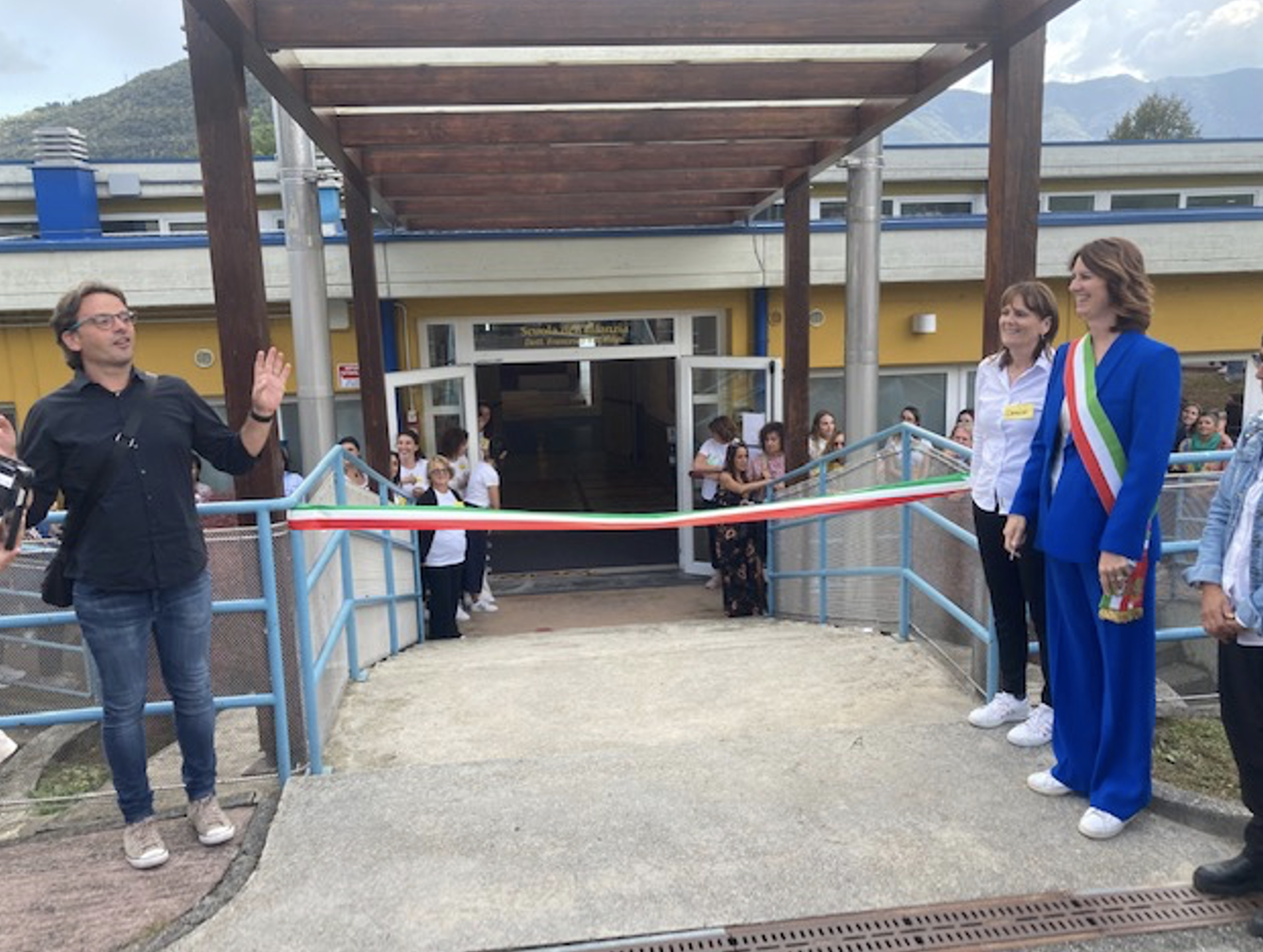When we stop to think of Italy’s plentiful influences on American culture, we educators often think of the Italian impact on early childhood education practices like the Montessori method and the Reggio Emilia Approach® that have led us to embrace more self-guided learning for little ones.
Given this affinity, it isn’t surprising that AFSA has embarked on an official collaboration with the largest network of school leaders in Italy, Senza Zaino (without a backpack), which includes 800 schools from pre-K to middle school, across geographic regions.
In December, AFSA President Dr. Leonard Pugliese and Professor Iselda Barghini, a former principal from Pisa and president of Senza Zaino, signed a declaration of cooperation.
In May, we’ll hold the first partnership activity, a discussion on mental health and welfare of school leaders in the two countries.
Rich and lively conversations between our two organizations already are underway. Most of the common challenges we’ve been addressing have been percolating in our two countries for years, but they have exploded since the COVID-19 pandemic.
At the top of both countries’ lists are the emotional and social aspects of education and their grave consequences, particularly following the lockdown.
“The Italian and U.S. school systems are different in many ways...but the educational issues and emergencies being worked on are much the same: early school leaving and the well-being of students, teachers and principals,” said Salvatore Lentini, a principal managing a complex of K–15 schools in Sovere, Lombardy, in the province of Bergamo, the richest region in Italy, but the one hardest hit by COVID-19. Bergamo has created a living memorial of trees in the heart of the city to memorialize the many lives lost.
“Among the things that have greatly impressed me in my visits to your country are undoubtedly social and emotional learning (SEL), which does not really exist here, and the very operational approach of your schools, especially high schools. The approach in Italian schools tends to be much more theoretical than practical!”
It was clear from our conversations that we are all dealing with what Lentini calls "early leaving” and we call chronic absenteeism, as well as overall anxiety and depression among our students. A number of us from AFSA wondered whether a stronger sense of family might be a mitigating factor in Italy, although there is no conclusive data on that.
However, Raymond Isola, a retired principal and member of the United Administrators of San Francisco Emeritus, AFSA Local 3, who introduced us to Senza Zaino, points to Italian educators’ commitment to early intervention and notes that during his long sojourns in Italy, he “was impressed with school communities offering a systematic approach for initiating a strong collaboration between home and school as early as possible, with an emphasis on offering high-quality infant and toddler programs.” Isola thinks these opportunities provide children and families a positive start for building and sustaining a supportive web of human relationships that offer growth and learning for children and adults through middle school.
Our experiences with escalating school violence diverged. AFSA’s Dr. Anthony Salvatore, a former administrator at Sandy Hook Elementary School, current AFSA general vice president and an expert on school violence, voiced concern about accelerating violence post-pandemic, and emphasized the need to provide support not just to students but to teachers and school leaders who have witnessed shootings in their schools.
Our Italian colleagues seemed momentarily stunned and awed by this. Although there has been a slight rise in knife violence and they are deeply concerned about addressing it, gun violence is virtually unheard of in Italy, where the penalty for carrying guns is drastic.
“Fortunately, in Italy we do not have episodes of violence comparable to the United States and they do not represent an emergency,” said Daniela Mazza of Venice, who has led primary and lower secondary schools. But, she added, “Moral and mental health, as well as eating disorders, represent a new emergency that finds our schools unprepared; therefore, training in this area is urgent.”
We also looked at immigration, which isn’t directly related to COVID-19 but is more relevant because of it. Lentini said, “[Italy]is affected by an intense immigration phenomenon. There are many problems: the teaching of Italian as a second language (teachers' skills and economic resources), student results (very low), early school leaving which creates social marginalization, and dialogue between different cultures is not always easy.”
There is also a rising need to recruit, train and retain school leaders, a concern in both countries, since the long days of shelter in place. In Italy, school leaders come solely out of the teacher ranks, but attracting teachers today is becoming problematic and many teaching positions now are filled by contract teachers. In the United States, data on school leader attrition still isn’t conclusive, but it seems that the problem might be regional.
“There’s a great degree of comfort in recognizing shared challenges and possible solutions,” says Pugliese. “Global awareness couldn’t be more important than it is today, and I look forward to maintaining lasting links with Italy.”
AFSA welcomes other intercultural alliances in the near future, hopefully without a global emergency to drive them.
-----------------------
Photo: Dr. Salvatore Lentini, school principal, with Dr. Federica Cadei, mayor of Sovere, for the ribbon-cutting ceremony highlighting the successful expansion of the infant-toddler preschool program for the start of the 2023–2024 academic year in Italy.

